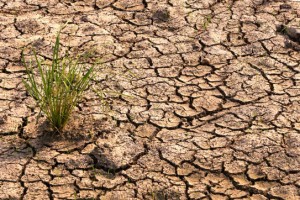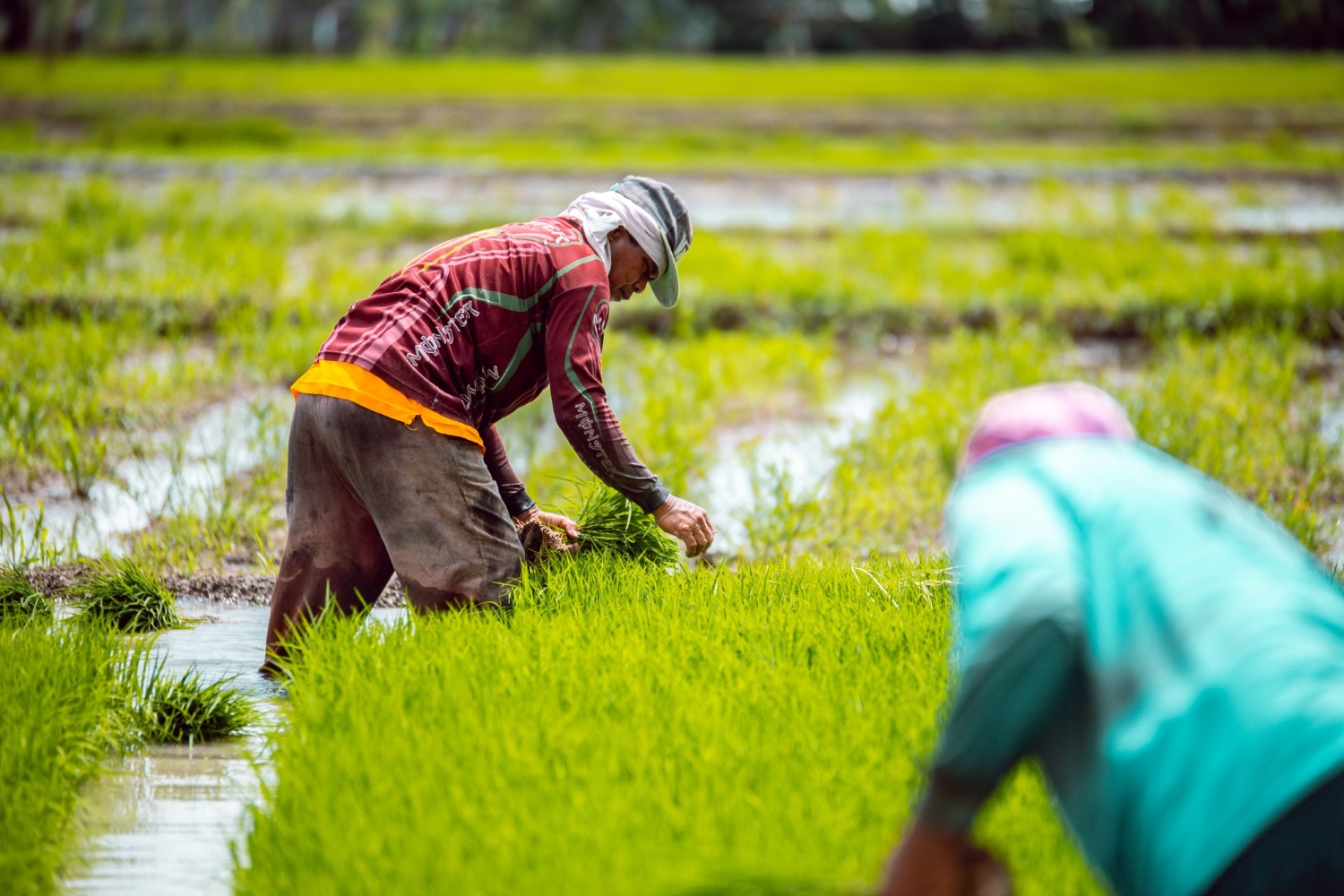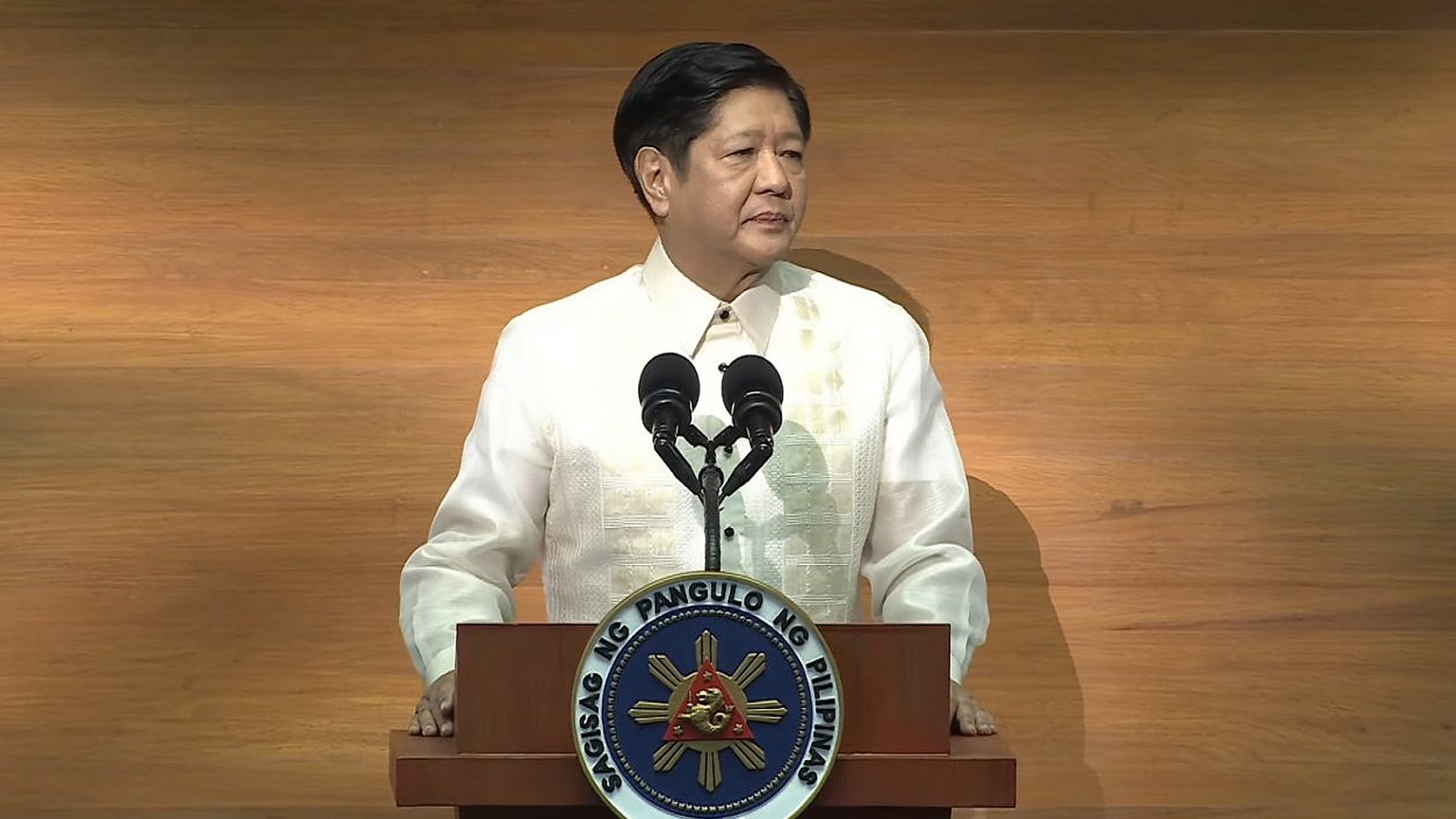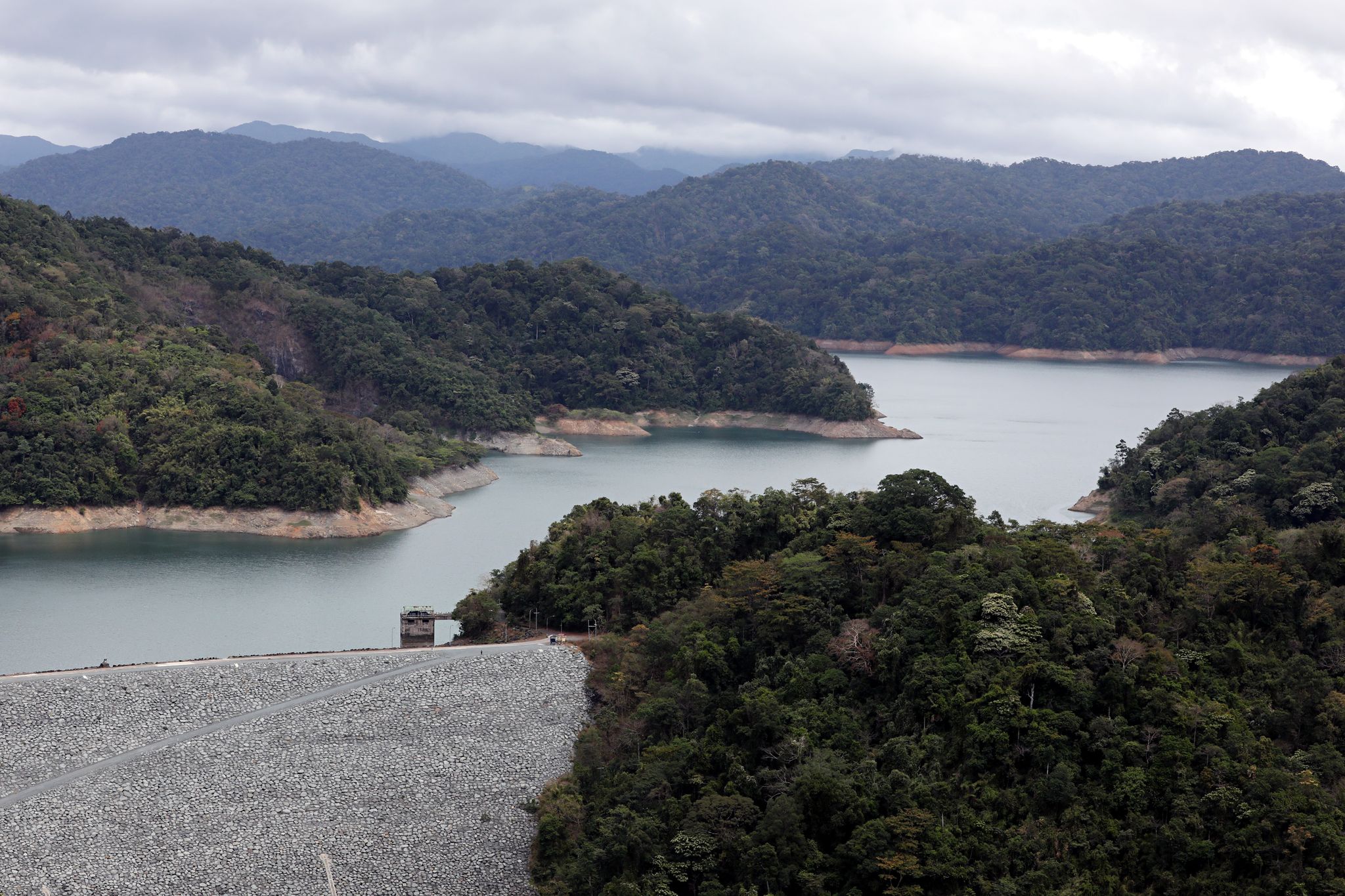QUEZON CITY -- The National El Niño team met with several private and international partners to tackle further plans and activities in addressing the impacts of the climate phenomenon, held Tuesday afternoon at Camp Aguinaldo, Quezon City.
“We are done harmonizing the plans, programs, and activities of the various government agencies relative to El Nino. We have already published the national action plan that outlines the short, medium, and long term interventions that we tackled in our previous meetings. However, this document is now being updated as we consult with our partner organizations and as the respective departments implement their interventions.” said Undersecretary Ariel Nepomuceno, Civil Defense Administrator and NDRRMC Executive Director.
Agencies such as the Department of Agriculture (DA), Department of Environment and Natural Resources (DENR), Department of Energy (DOE), Department of Health (DOH), and the Department of the Interior and Local Government (DILG) presented their plans and activities for the areas of food security, water security, energy security, health, and public safety respectively.
“We are in the implementation phase because the situation calls for the immediate execution of the needed interventions. Now, to make the plan more comprehensive and encompassing, we are in discussion with private, local and international organizations. We need effective plans to guide all actions, plans that are inclusive and considerate of the different circumstances of communities affected by El Nino.” he added.
Joining the discussion with government agencies were officers and representatives from the Philippine Disaster Resilience Foundation (PDRF), Arise Philippines, United Nations for the Coordination of Humanitarian Affairs (UN-OCHA) and UN-Food and Agriculture Organization (UN-FAO).
PDRF said that it is implementing interventions in the priority areas or key sectors identified by the government. One of these is the ongoing collaboration with the Department of Energy in the implementation of the national energy contingency plan to ensure energy security.
The UN-OCHA and UN-FAO highlighted the support given by the UN humanitarian country team in the previous El Nino experiences, including the distribution of farming equipment to agricultural folk.
Meanwhile, the Philippine Atmospheric, Geophysical and Astronomical Services Administration (PAGASA) reported during the meeting that a moderate El Niño is present in the tropical Pacific and will strengthen further in the coming months.
El Nino increases the likelihood of below-normal rainfall conditions, which could bring negative impacts (such as dry spells and droughts) in some areas of the country. However, over the western part of the country, above-normal rainfall conditions during the Southwest monsoon season (Habagat) may also be expected.
President Ferdinand “Bongbong” Marcos Jr. ordered the creation of a team that will handle the mitigation, preparedness, response and rehabilitation efforts for the El Niño phenomenon. (OCD)





